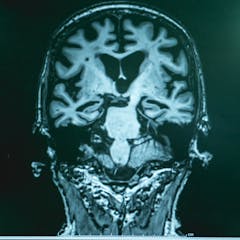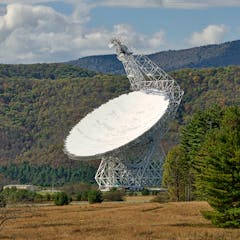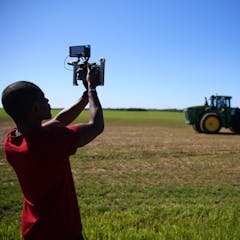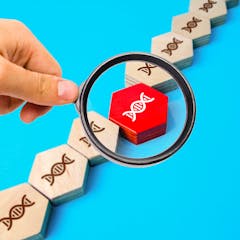
Articles on Big data
Displaying 1 - 20 of 310 articles

Coles plans to ‘optimise its workforce’ with big data and AI tools from a controversial tech company.

The public are ambivalent about their medical data going to private companies, and missteps could erode vital trust.

Hundreds of wildlife rehabilitation centers across the US and Canada treat sick and injured animals and birds. Digitizing their records is yielding valuable data on human-wildlife encounters.

Targeted campaign advertising in Australia is very different from the United States. Here’s why.

Big data is not the answer to all the challenges that faced Census 2022, but it may be a key enabler for gathering reliable national data in the future.

Disorders such as Alzheimer’s and epilepsy are difficult to diagnose with only occasional doctor visits. A new approach would allow fathering of extensive real-world data directly from patients.

In-person collaboration between Indigenous communities has been aided by information technologies like Zoom. However, recent attempts to mine personal data raise concerns about data ownership.

Publicly available data on social media opens a new avenue for studying the environment with “incidental citizen science”.

Machine learning is becoming an indispensable tool in astronomy by sorting through enormous datasets from telescopes.

Can artificial intelligence transform the search for alien intelligence?

Humans are expert pattern-finders. But artificial intelligence tools are better at trawling through vast data sets to find anything from waste dumps to heat-tolerant corals.

After Brazil’s exit, who might be on course to win in 2022? Experts crunch 150 years of big data to predict the winner.

How are Wikipedia pages about contentious events put together? Heather Ford discovered a hotbed of passion, a rotating pack of editors and a struggle for power behind its mirage of neutrality.

If Twitter were to go dark, with it would go a valuable source of data as well as a means of sharing information relied on by activists, journalists, public health officials and scientists.

Predictive policing has improved in leaps and bounds and become increasingly automated thanks to big data, data mining and powerful computers.

Whether we’re talking songs that are popular on Spotify, or were Billboard hits through the ‘40s up to recent years, popularity cannot be attributed solely to quantifiable acoustic elements.

Australians – and Australian governments – need to get more savvy about data privacy

Big data from social media have been revealed as biased, but we should also pay attention to agriculture firms whose play for big data is likely to have detrimental environmental and social impacts.

There’s little transparency surrounding how insurance firms collect, analyse and use our personal data when they establish insurance costs.

Tumors contain thousands of genetic changes, but only a few are actually cancer-causing. A quicker way to identify these driver mutations could lead to more targeted cancer treatments.
